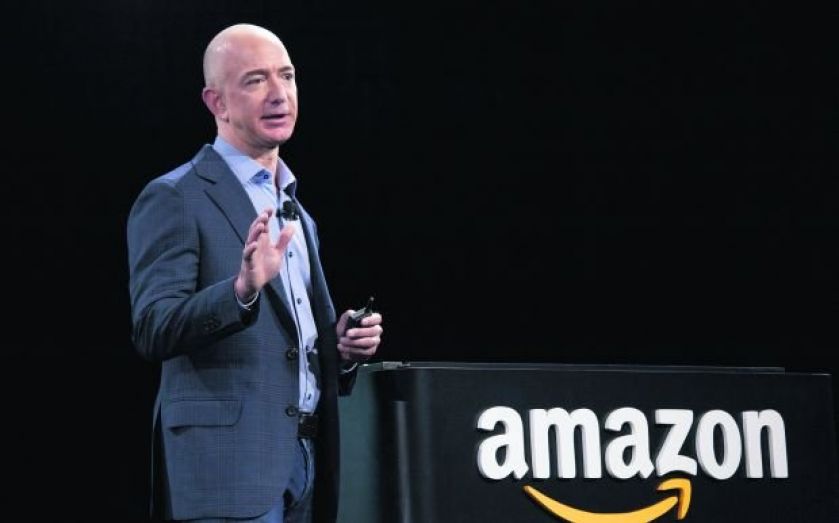Amazon takes one in every four pounds spent on physical music, film and games

One in every four pounds spent in Britain on physical music, games and videos in the run-up to Christmas went to Amazon, figures out this morning show.
For the 12 weeks to December 21, Amazon dominated the world of entertainment, with 39 per cent of all the sector's purchases being made with the etailer and 25.6 per cent of physical goods such as CDs and DVDs, according to Kantar Worldpanel.
But Tesco and HMV are nipping at its heels. The supermarket takes second place, though its market share only grew 0.1 percentage points to 14.7 per cent, and took 28 per cent of all sales of Frozen DVDs, as well as 21 per cent of Fifa 15.
These were the top two gifts in video and games respectively, and helped Tesco keep ahead of the wider supermarket sector, which lost entertainment market share year-on-year. Asda fared worst, with its market share dropping to 9.5 per cent from 12.9 per cent.
Meanwhile HMV grew market share from 13.4 per cent in 2013 to 13.9 per cent last year, no doubt thanks in part to rising vinyl sales, which was identified by HMV as a major contributor to its growth.
Kantar said this showed an “improvement” for the business, and noted that its transactional site, which is being launched in “coming months”, could further bolster sales.
The data firm said consumers who shopped at HMV spent a further £220m at rival retailers’ online stores during this period “money it could have been taking directly had a website been operational”.
Fiona Keenan, strategic insight director at Kantar Worldpanel, explains: “Amazon performed exceptionally well this Christmas and for the first time ever captured more than a quarter of Britain’s physical entertainment market.
“Its performance was aided by the increasing popularity of online retail which accounted for 39% of entertainment spending in the run up to Christmas – its highest ever level – growing by 3 per cent year-on-year.
“While consumers' average online spend increased by 6% this Christmas, they still spent less than they did when shopping in physical stores as retailers struggled to get them to shop impulsively online. A third of in-store purchases were bought purely on impulse, creating an additional £119 million for the industry, but when shopping online this proportion halved. Retailers need to identify ways to encourage impulse purchasing in an online environment, particularly as so much of our spend goes through this channel.”